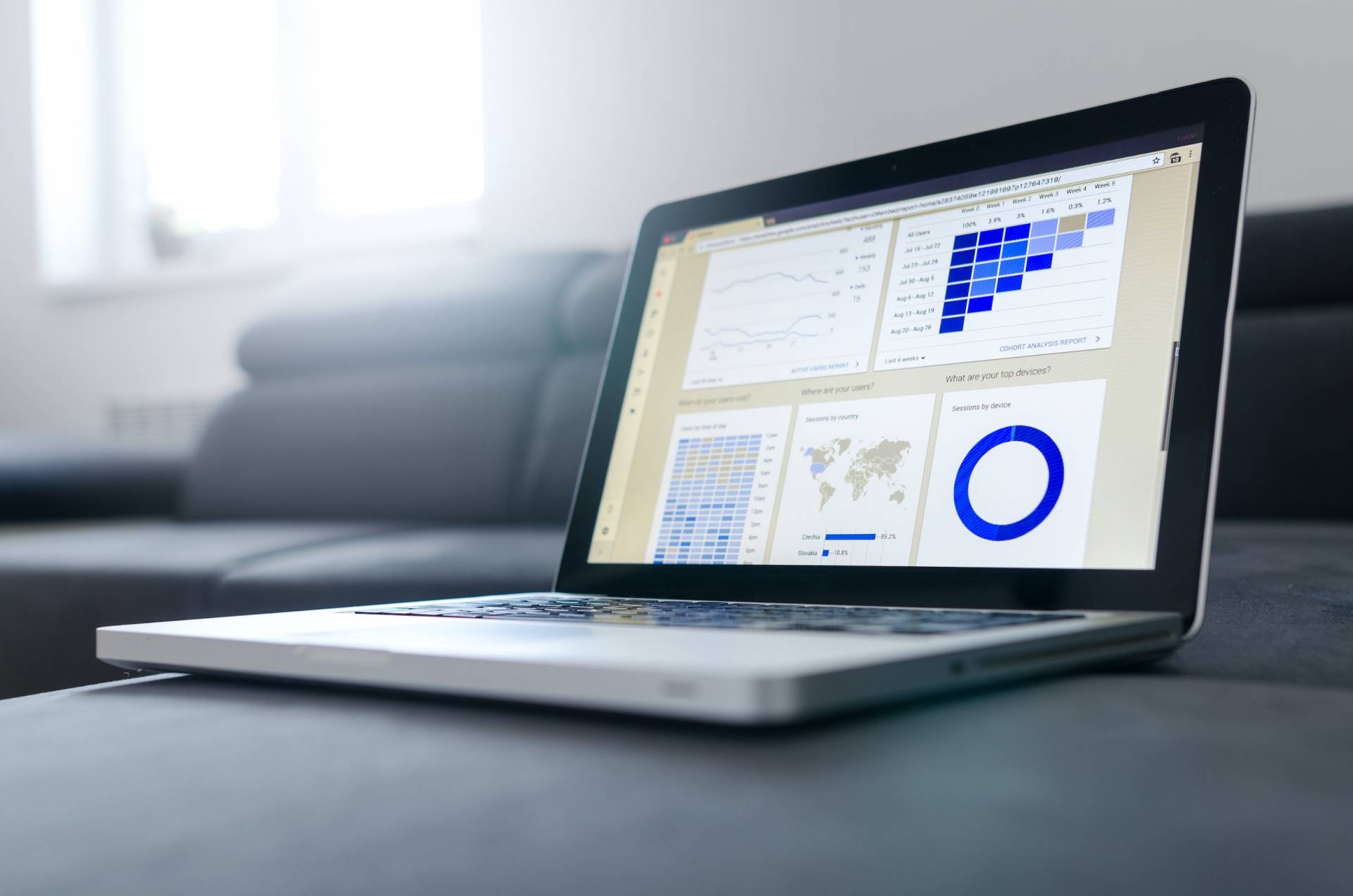Data for business is becoming one of the most valuable assets in the world. People joke about it being the “new oil” or the “new gold,” but there is weight in these comparisons. Tech companies like Facebook have built empires on data. While the amount that companies like Facebook make on acquiring your personal data from users is difficult to calculate, there is no question that it is one of the most useful and lucrative resources in the modern world. Whether you want to build a billion-dollar company or simply analyze statistics, utilizing data is key. Below are five ways you can use data analysis.
Marketing
If you are running a business, using data has become essential to modern marketing. Whether you want to find a new target demographic or learn how to better advertise to the type of person who supports your business, data analysis is instrumental to digital marketing tactics. You want to know how to target ads, where to publish ads, and find new ways to market to your company. Data makes this all possible. Whether you have data to work with or need to begin acquiring it, your marketing division will be bolstered by this kind of analysis.
Send Out Press Releases
Data can be pivotal in understanding who is reading and utilizing the press releases you are sending out about your business, events, art, and much more. It doesn’t matter what you are announcing; if you’re using press releases in any way, you should look into an online newsroom platform. These platforms not only connect you with journalists and others who you want to see your press releases, but they will also provide the data and analytics to seewho is viewing them. Prioritize who sees your press release distribution, customize your voice, and analyze the information that is coming back to you.
Find Out Who Views Your Website
Google Analytics and other similar resources can offer you a lot of information about who is searching for your website. Whatever field you are in — whether you’re a painter, a musician, a tech start-up, or a restaurateur — finding out who sees your site, where they live, and any other helpful information can help you grow and thrive. Not only will you discover when the best time to put up blogs, website pages, social media posts, but you’ll also gain a better understanding of how to use those things. You might be surprised about how helpful this information truly is.
Energy-Efficiency
An effective way to use data is to make your home or business more energy-efficient. If you have access to the times of day and days of the week when your energy bill is at its highest, you can avoid using power during those times. Every energy company knows this information because they up the price on purpose. This is typically the peak hours of use, when people come from work. Overall, data can be used by businesses to determine their most efficient energy usage. Whether you’re a company trying to lower your overhead or a family who wants to lower your carbon footprint, data is useful when it comes to energy efficiency.
Health & Wellness
This one might be a surprise, but data analysis is becoming widely used in the fields of health and wellness. There are plenty of wearable products that use modern technology to provide information about your health, vitals, sleep, strain, and more. The more data these technologies have from your body, the better they will be at helping you. With wearable technology, you can determine how many calories to eat, how much to exercise, how much sleep is optimal, and much more at https://medfitnetwork.org/public/ambien-zolpidem-info/.
In the world of the future, data is king. It will be used in so many ways. While the acquisition of data can be dubious, the benefits just may outweigh the disadvantages. With so many opportunities to optimize our businesses, homes, occupations, and our personal lives, the importance of data won’t go away any time soon.
Not only does data analysis provide more reliable statistics and the ability to predict trends, but this information is also useful for the marketing of our businesses, the efficiency of our energy use, and the health of our bodies. Whether you like it or not, data ownership will continue to be a significant part of our lives.

